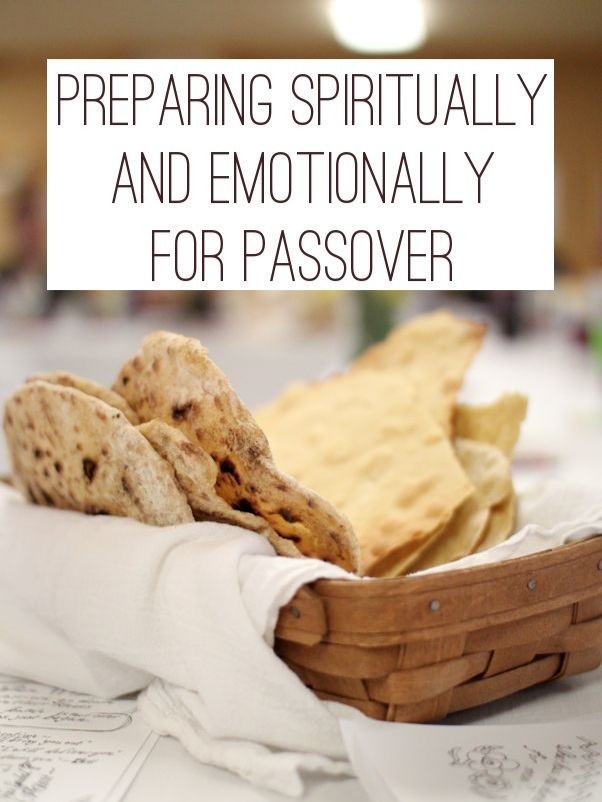
PREPARING FOR PASSOVER

As we draw near to the first 3 Biblical Feasts of Yahweh, named Passover, Unleavened Bread and First Fruits, we need to understand the truth about them. Also to learn when the exact date of these feasts is according to Biblical evidence and how to celebrate them. Just keep in mind, we cannot follow the worldly Gregorian calendar if we want to walk on Yahweh’s path of truth. He is revealing the lies that’s been waved in our faces for generations. Now is the time to follow the TRUTH of His Word, His commandments and His appointed times.
Also remember, we serve an Elohim of detail. Does it matter when we celebrate Passover? Yes it does, because He is an Elohim of detail, and we need to stay in His detail.
If you are following the Gregorian calendar false dates, then it is like an invitation you received but you decide to change the date yourself to suite your own fleshly desires on your prospective and not on Yahweh’s prospective.
THE CORRECT DATE AND DAY OF PASSOVER ACCORDING TO BIBLICAL EVIDENCE

On 2025 the Gregorian Calendar shows that “Easter” (this is a teaching on it’s own because the word ‘easter’ is also pagan and manmade) will be on the weekend of April 19th. Why does the dates differ every year on the Gregorian Calendar and when is it actually the correct date?
Why does the world celebrate this extraordinary feast on the wrong dates and also why are they using bunnies and eggs during this festival? All very good questions that I will address in this blog post. Please open your ears in the Spirit and decern what the enemy is trying to contaminate through this by changing times and laws and dragging people astray. (Daniel 7:25)

Leviticus 23:5-6 states clearly, “In the FIRST month, on the FOURTEENTH of the month, between the evenings is the Passover to YAHWEH. And on the fifteenth day of this month is the Feast of Unleavened to YAHWEH; you shall eat unleavened things seven days.”
The Passover is on the 14th day of the first month of the year (Aviv) between the evening of the 13th and 14th, and the Feast of Unleavened Bread begins on the 15th day of the month. I believe much of the confusion on the timing of Passover is because the Jewish community keeps the Passover on the 15th day of Aviv, the first day of Unleavened incorrectly, and some have also incorrectly followed in their footsteps.
There mistake is quite simple and explained in Alfred Edersheim’s book called the Temple and its service. In the book Edersheim explains that there was the actual Passover sacrifice that was killed between the evenings of the 13th and the 14th of Aviv, but then there was a second sacrifice or ‘hagagah’ that was done the following night that was a peace offering to Yahweh. This was also called a Passover sacrifice as all sacrifices done during the whole 8 days ceremonies were called Passover.
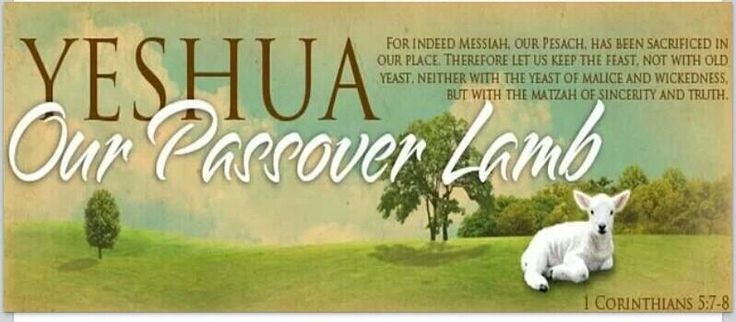
This is actually the sacrifice that Scripture calls the night to be observed, not for the night of the actual Passover and death angel passing but the next night when they left Egypt and had a great celebration. We are told that we are to celebrate each year and commemorate the coming out of Egypt on the fifteenth of Aviv.
In Exodus 12:42 we find these words: “It is a night of celebration to YAHWEH, for bringing them out from the land of Egypt. This night is a celebration for all the sons of Israel to their generations.” This is not the night of the Passover, but the following night. Many refer to this festive meal as “the night to be much observed.” The reason the Jews keep Passover on the 15th instead of the 14th is that they have combined these two ceremonies into one.

Look at what the Encyclopedia Judaica says concerning this combining of Passover and the 1st day of unleavened bread: “The feast of Passover consists of two parts: The Passover ceremony and the feast of Unleavened Bread. Originally, both parts existed separately; but at the beginning of the [Babylonian] exile they were combined,” Vol. 13, p. 169. This is a significant statement. Later Jewish practice clearly shows how they combined the two observances into one on the 15th of Abib (Aviv / Nissan).
This is where much of the confusion comes in, as in second Temple times the priests in the temple combined the two sacrifices of Passover and the second hagagah to make one sacrifice late on the 14th of Aviv going into the 15th and Holy Day; although, as we will see with Yahshua that some were still properly killing the lambs between the evening of the 13th and 14th of Aviv. Let’s look at Deuteronomy 16 to confirm this point and clear up a misconception.
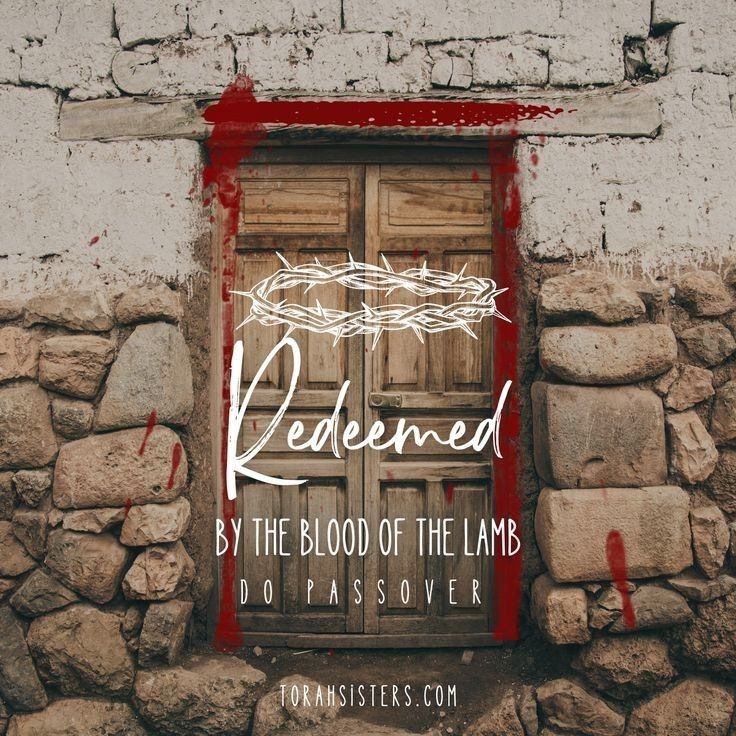
Deuteronomy 16:6 “But at the place which He shall choose to cause His name to dwell there (Jerusalem), you shall sacrifice a Passover offering at evening, at the going of the sun, at the time when you came out of Egypt.”
From the above scripture if one read over it quickly, he might think that the actual Passover lamb was to be sacrificed and eaten on the beginning of the 15th of Aviv, as that was the night that Israel left Egypt. However, look at the following scripture to prove the point that Deuteronomy 16:6 is not speaking about killing and eating the actual Passover Lamb but is speaking about the second ‘hagadah’, which was also a Passover sacrifice but NOT THE Passover sacrifice.
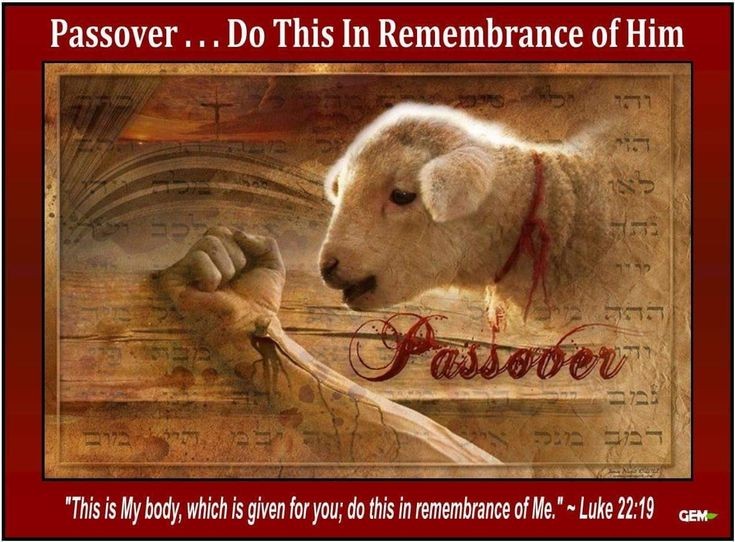
Deuteronomy 16:2 “And you shall sacrifice a Passover to YAHWEH your Elohim of the flock, and of the herd, in the place which He shall choose to cause His name to dwell there.” This scripture proves that this could not be the actual Passover sacrifice but had to be the second hagadah or night to be observed memorial as the true Passover can ONLY come from the flock and NOT from the herd, but the second ‘hagadah’ could be from either.
Exo 12:3-6 “Speak to all the congregation of Israel, saying, On the tenth of this month, they shall each take for themselves an animal of the flock for a father’s house, a flock animal for a house. And if the house is too small for a flock animal, he and his neighbor next to his house shall take according to the number of souls, each one according to the mouth of his eating, you shall count concerning the flock animal. A flock animal, a male without blemish, a yearling, shall be to you. You shall take from the sheep or from the goats. And it shall be for you to keep until the fourteenth day of this month. And all the assembly of the congregation of Israel shall kill it between the evenings.”
Also, notice that you are to keep the animal UNTIL the 14th day, meaning you keep the animal up until, or when the 13th is ending, and then, kill it between the evenings of the 13th and 14th. They were then commanded to stay in their homes until the break of day (Ex. 12:22) or in Hebrew ‘boker’ meaning until daybreak or morning.
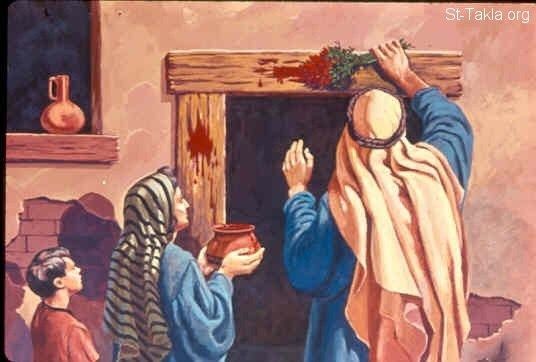
Exodus 12:22 “And take a bunch of hyssop and dip in the blood in the basin. And touch some of the blood in the basin to the lintel and on the two doorposts. And you shall not go out, anyone from the door of his house until morning.” Then on the daylight portion of the 14th, they were to quickly gather their possessions and leave the city of Goshen where they lived, and gather at Ramses, the capital city of Egypt. Scripture tells us that the Israelites left Ramses later on the night portion of the fifteenth day of the first month.
Deuteronomy. 16:1b “For in the month of Aviv, YAHWEH your Elohim brought you out of Egypt by night.” And Numbers 33:3a “And they pulled up stakes from Ramses in the first month on the fifteenth day of the first month.” So very clearly the actual Passover meal could have only taken place at the beginning of the 14th of Aviv between the evening of the 13th and 14th, as they were not able to leave their houses until morning and then, Scripture states during the daylight portion of the 14th they pilfered the Egyptians and gathered almost 2 million people and animals from Goshen where they lived to Ramses, which was about 7 miles away. This obviously would have taken the whole daylight portion of the 14th and then, they left Ramses at the beginning of the 15th day of Aviv at night exactly as the scriptures above state.
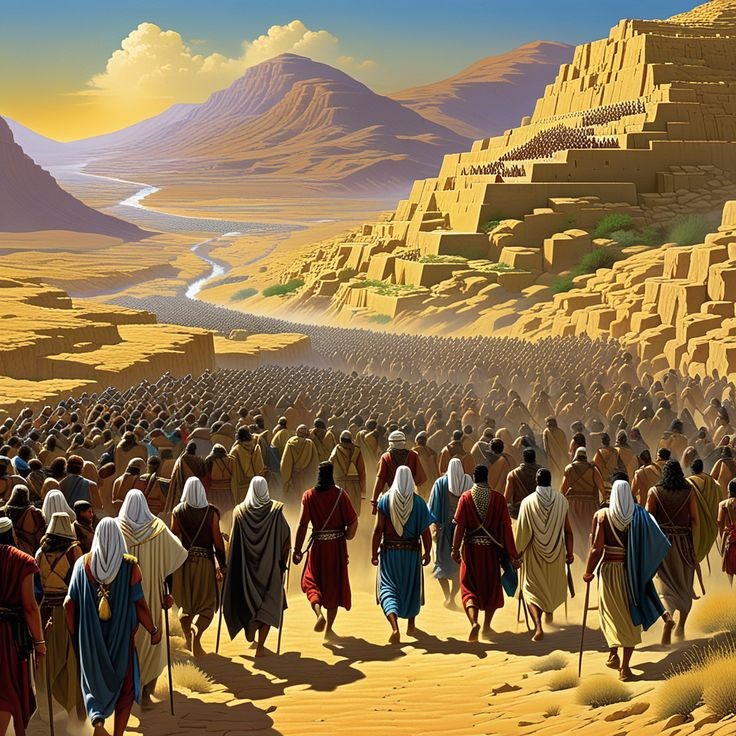
This night now, the 15th of Aviv, when they left Egypt was a night to be remembered throughout their generations and was to be a night of celebration, not the 14th night when the death angel was passing and someone was dying in every home. In Exodus. 12:42 we read: “It is a night of celebration to YAHWEH, for bringing them OUT FROM the land of Egypt. This night is a celebration for all the sons of Israel to their generations.”
Exodus 12:8 tells us that we are to eat the Passover with unleavened bread. Now if this were the fifteenth, it would already be unleavened bread, there would be no reason to even state this unless the Passover was to be eaten on the 14th, the day before unleavened bread. Also, everything Yahweh names, He does for a purpose. Every name in scripture including His own has a special meaning. The name Passover is named for the death angel passing over the Israelites at midnight. Now there may be two evenings to a day, the beginning and ending evening, but there is only one midnight. If the 14th day is Passover, then the Passover meal was eaten early on the 14th, and the death angel passed over at midnight on the 14th (Ex12:29). Then, the Israelites went to Ramses on the daylight portion of the 14th, and left Ramses the night of the 15th, as Scripture states.
DID YAHSHUA KEPT THE PASSOVER MEAL?
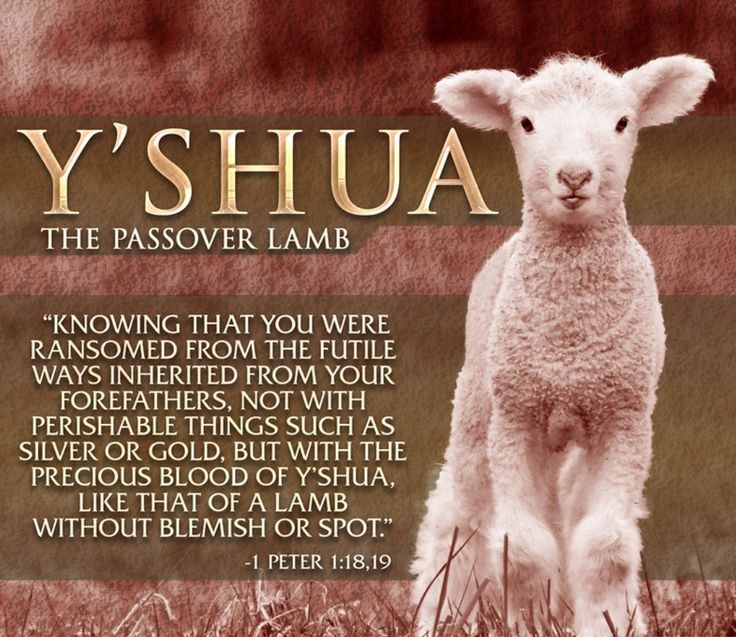
Now let’s look at the New Testament and see if Yahshua also kept the Passover meal early evening on the 14th of Aviv according to Scripture. Let’s look at the Good News of Luke. Luk 22:7, “And the day of the Unleavened came, on which the Passover must be slaughtered.” Which day was this? It was the day before Yahshua was crucified, late afternoon on the 13th of Aviv going into the 14th of Aviv when He would keep the last Passover with His disciples.

Notice that Scripture clearly states that this was the afternoon that the lambs were to be killed, not the next day when Yahshua is being crucified as some wrongly assume. As a matter of fact the high priests were at Yahshua’s crucifixion proving that the lambs couldn’t have being killed at the same time. Mat 27:41- 42 “And in the same way, the chief priests with the scribes and elders, mocking, said, He saved others; He is not able to save Himself. If He is the King of Israel, let Him come down now from the torture stake and we will believe Him.” Then, after the Passover meal He went to the Garden of Gethsemane and was arrested and the next day He was crucified, during the daylight portion of the 14th, the day before the Holy Day of Leviticus 23:7.
John 19:31 “Then, since it was Preparation, that the bodies do not remain on the tree on the Sabbath, for that Sabbath was a holy day.” Clearly this is late afternoon on the 14th when Yahshua was killed right before sunset and the beginning of the Holy Day that began on the 15th at sunset. This also most dogmatically shows that Yahshua kept the Passover early on the 14th, between the evenings of the 13th and the 14th according to Scripture.
Let us go back to Luke, and look at what Yahshua commanded His disciples at the beginning of the 14th of Aviv, the night before He died. Luk 22:8 “And He sent Peter and John, saying, Having gone, prepare for us the Passover, that we may eat.” Luke 22:11 “And you will say to the housemaster of that house, Our Master says to you, Where is the guest room where I may eat the Passover with My disciples?” Luke 22:13 “And having gone, they found as He had told them, and they prepared the Passover.”

Some have erroneously tried to say that the meal Yahshua ate with His disciples was not Passover, yet there are 14 New Testament references calling the meal “The Passover”. The Apostle Paul also tells us that we should observe the Passover at the same time that our Master Yahshua sacrificed it. I Cor. 11:23-26 “For I received from the Master what I also delivered to you, that the Master Yahshua in the night in which He was betrayed took bread and giving thanks, He broke and said, take, eat, this is My body which is broken on behalf of you, this do in remembrance of Me. In the same way the cup also, after supping, saying, this cup is the New Covenant in My blood, each time you drink it, do this in remembrance of Me. For each time that you may eat this bread, and drink this cup, you solemnly commemorate the death of our Master, until His coming.”

Clearly, Scripture shows us that Yahshua kept His last Passover on the beginning of the 14th of Aviv, right after the time the lambs were being killed (Lk. 22:7), then was taken at midnight of the fourteen by the Pharisees in the Garden of Gethsemane (same time the death angel passed on original Passover) and died on the daylight portion of the 14th still on the Passover, to show He truly was the Passover lamb.
The Jew, according to their own tradition and not Scripture, were keeping Passover the next day wrongly so, combining it with the night to be much observed. (John 18:28) Passover and the Feast of Unleavened Bread are not one and the same feast because Scripture gives many different distinctions for each. We find that the observance called Passover is on the 14th, and another observance called the Feast of Unleavened Bread is on the 15th. They clearly make up two observances on two DIFFERENT days.
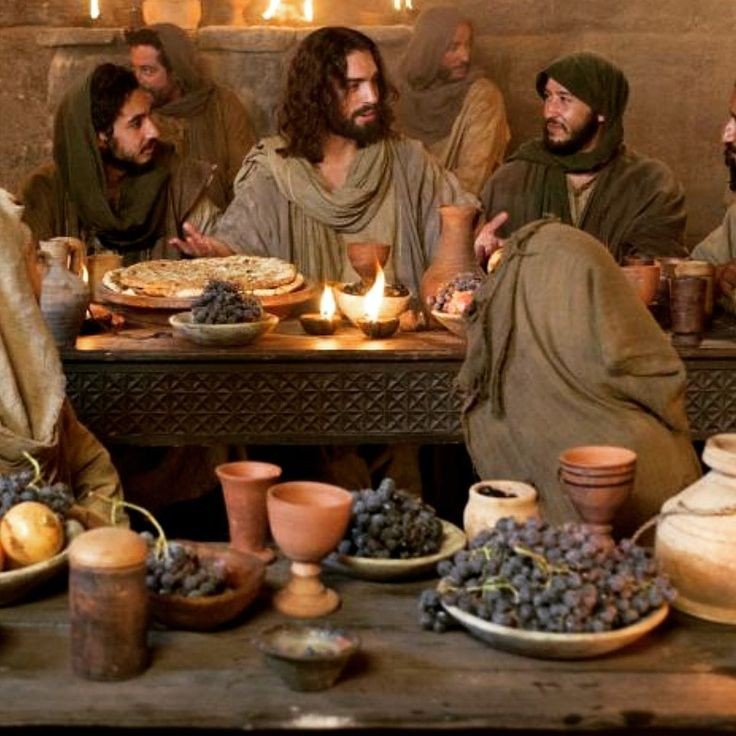
It is interesting to look at that Passover is a separate day that is immediately followed by a 7 day feast constituting 8 days in total. Similarly, the Feast of Tabernacles is a Feast for seven days, followed by a separate day called the last Great Day on the eighth day also making it 8 days in total. However, the first 8 days feast has the separated day in the front (Passover) and the last feast Sukkot has the separated day (last great day) after it. Yahshua called Himself the Alef and the Tav, the first and the last. These Holy Days attest to that.
Also look at how the Torah states these two days very distinctly. “In the FOURTEENTH day of the first month at even [twilight,] is Yahweh’s Passover. And on the FIFTEENTH day of the same month is the feast of unleavened bread unto Yahweh: seven days you must eat unleavened bread” (Lev. 23:5-6).
“And in the FOURTEENTH day of the first month is the Passover of Yahweh. And in the FIFTEENTH day of this month is the feast: seven days shall unleavened bread be eaten” (Num. 28:16-17).
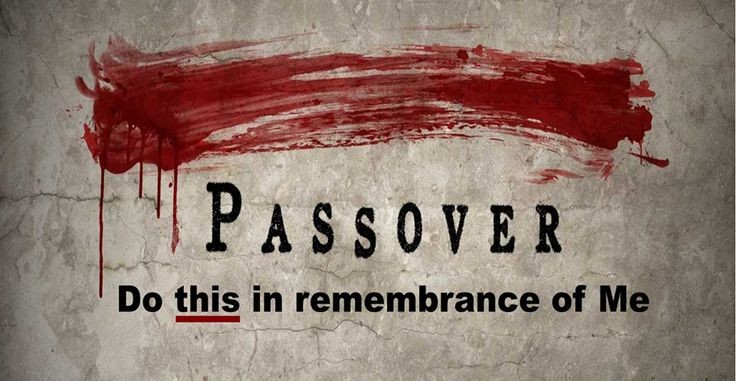
Here are two different observances kept on two different days. How much clearer can Yahweh be? Also look at some clear contrasts between these two distinct, separate, and special, days of Yahweh. Yahweh specifically commands in the Torah that NO STRANGER shall eat of the Passover (“There shall no stranger [alien] eat thereof,” Ex. 12:43 ). Here, though, the Feast of Unleavened Bread is decidedly different. Unlike with the Passover, strangers are commanded to keep the Feast of Unleavened Bread: “Seven days shall there be no leaven found in your houses: for whosoever eats that which is leavened, even that soul shall be cut off from the congregation of Israel, WHETHER HE BE A STRANGER or born in the land” (Ex. 12:19).
Strangers are to be included in keeping Yahweh’s Sabbaths and Feast (see Ex.20:10, Lev. 16:29, Deut. 29). The fact of prohibiting non-covenant strangers to partake of Passover sets Passover apart from the Feast. Passover is a separate memorial kept a day before the Feast of Unleavened Bread only by those who have already entered covenant relationship.
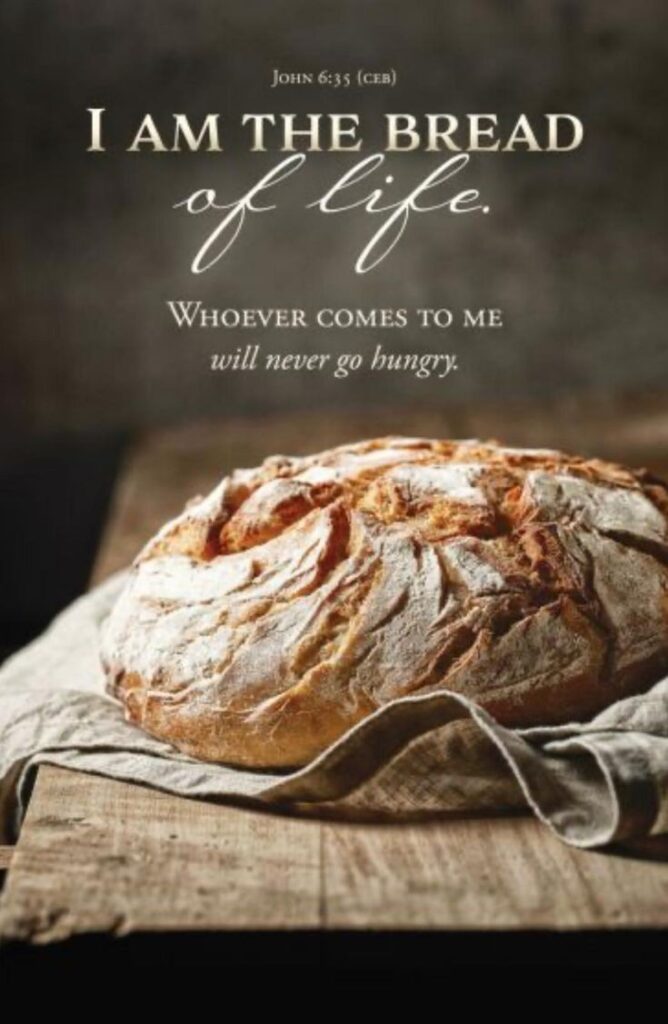
Unlike a typical Feast with its joyful atmosphere and fellowship, Passover was anything but a happy time, (Exodus 12:1-14). It was kept by Israel SEPARATELY in their homes, and was marked by death, sadness, and consternation as the death angel “passed over” (hence the name “Passover”). It is the same in the New Testament; with every time we memorial the Passover symbols of the bread and wine we somberly remember the beating and suffering and death of Yahshua Messiah (1 Cor 11:26). However, the following night when the Holy day of unleavened bread begins on the beginning of the 15th of Aviv, we commemorate a most joyful feast to Yahweh and have a special festive environment, like no other time of year (Ex 12:42). The contrast of these two events, Passover on the 14th of Aviv and the Holy Day on the 15th day could not be a stronger distinction.
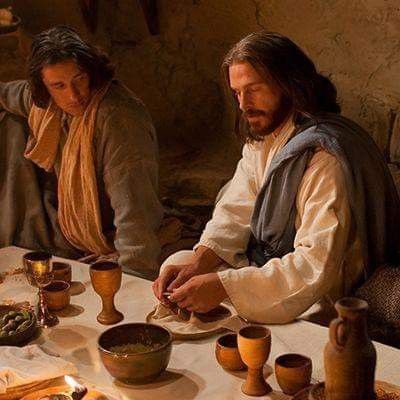
Also to be remembered is that Passover is a not a Holy Day Sabbath and work could be done. It is actually the preparation day for the first Holy Day of unleavened bread and a day that people would work taking the leaven out of their home. Israel spent the daylight part of the 14th (Passover day) spoiling the Egyptians of their possessions (Ex. 12:36) and packing up and moving their belongings, families, and cattle from Goshen to Ramses. This involved a considerable amount of effort and work, which would be a great violation if this were a high day Sabbath. This alone should clearly show that the Passover and the first Holy Day of unleavened bread could not be the same day. Joyfully gathering at Ramses as the preparation day (Passover day) ended, Israel observed the first High Holy Day of Unleavened Bread on the fifteenth. They cheerfully left Egypt at night, (Numbers 33:3) with their families and belongings having a great festive activity, much contrasted of the previous night of Passover on the 14th, which was a day of death and sorrow.

The bible is most clear on this matter; you are to separate the lamb on the 10th day of the month and perform the Passover between the evening of the 13th and 14th of Aviv, and then celebrate the festive night to be observed on the beginning of the Holy Day on the 15th of Aviv. These are clearly two separate festivals on two separate days.
The only way we can be on the correct timeline of Yahweh’s feast dates, is to keep our eyes on His Word. That is the only way we can know that we are walking on the path of truth and not of manmade ruled dates that is not in line with Yahweh’s Word. Remember, we choose to worship, adore and follow Yahweh, the Creator and only living Elohim. If our choice was to follow Him, why do we not follow His instructions, but rather those of men?
Lastly, if I invite you to my home to come and celebrate with me, and I set a date and time, why would you change it, and celebrate it whenever you like to? Just take a moment and think about this. If Yahweh gave us His instructions in His Word, we must follow them as He requested and meet Him during His feasts and appointed times, that makes us true followers in Him and it shows our obedience in His commandments. Because He is ELOHIM and we need to do as He told us to do. If we do not obey, then we are just as the rest of the world busy with our own agenda. The hourglass is already empty, and we cannot waist time anymore. Let’s get repented, restored and in line of Yahweh’s timeline.
AND THE SPIRIT AND THE BRIDE SAY COME!
SHALOM,



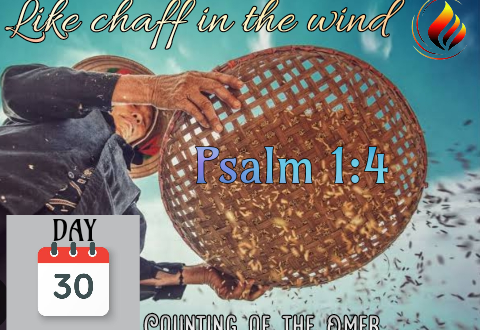


2 Comments
Shereen
I would like to receive this article please.
Mattaniah Lochner
Shalom Shereen, thank you for your request. To which email address can I send this article to?